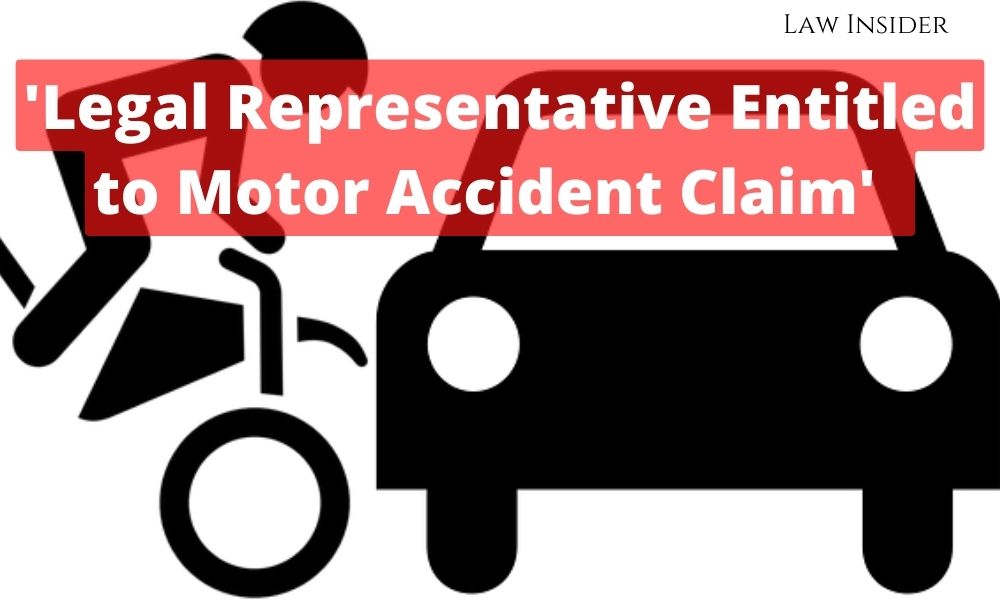Munmun Kaur
Published On: February 08, 2022 at 16:00 IST
Recently, the Delhi High Court reiterated that legal representatives of a person are entitled to a motor accident claim and upheld the Award of compensation to the two children of the deceased from the first marriage.
Justice Sanjeev Sachdeva of Delhi High Court was hearing an Appeal against the impugned Award dated March 22, 2021, whereby compensation was granted to the two children of the deceased from the first marriage.
The Counsel for the Appellants (Insurance Company) contended that the Tribunal was mistaken in taking the monthly salary of the deceased at Rs. 41,807/- whereas the claim of the wife of the deceased was that the salary was only Rs. 35,000/- per month. It was further contended that the Tribunal was wrong in awarding compensation to the Respondents who were children of the wife of the deceased from her first marriage as they cannot be treated as dependant family members of the deceased.
On the other hand, the Counsel for the Respondents submitted that the Claimants were children and were living with the deceased. Therefore, they would be treated to be dependent upon him.
The High Court made a reference to the Supreme Court Judgment in Gujarat State Road Transport Corporation Vs. Ramanbhai Prabhatbhai & Another, (1987) SCC (3) 234 where it was held by the Apex Court that having regard to the condition of the Indian society, every legal representative who suffers on account of the death of a person due to a motor vehicle accident should have a remedy for the realization of compensation.
Further, the High Court made a reference to Supreme Court’s Judgment in N. Jayasree & Ors. Vs. Cholamandalam MS General Insurance Company Ltd wherein it was held that the term ‘Legal representative’ should be given a wider interpretation for the purpose of Chapter XII of Motor Vehicle Act and it should not be confined only to mean the spouse, parents, and children of the deceased.
The Supreme Court also held that the Motor Vehicle Act is benevolent legislation enacted for the object of providing monetary relief to the victims or their families. Therefore, the Motor Vehicle Act calls for a liberal and wider interpretation to serve the real purpose underlying the enactment and fulfill its legislative intent.
Responding to the contention of the Appellant regarding the quantum of salary, the High Court observed that it was based on the statement made by the deceased’s employer.
The High Court found no infirmity in the impugned Award and therefore dismissed the Appeal.

